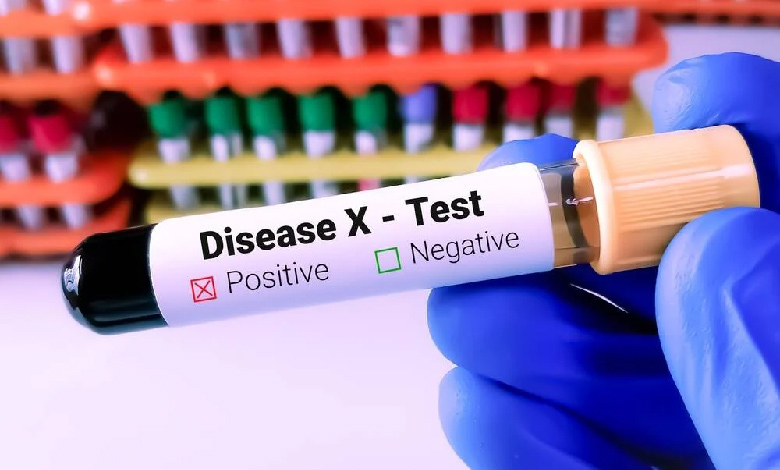Global leaders recently gathered in Switzerland for the annual Davos summit, discussing pressing topics currently in the limelight, including climate change, the Israel-Hamas conflict in the Middle East and Disease X, a hypothetical virus 20 times deadlier than COVID-19.
Such a dangerous virus isn’t known to exist at the moment. But researchers and experts are hoping to proactively deliver a plan of action to combat such a threat and prepare the global health system for the hypothetical pandemic, according to CBS News.
Experts actively learning from COVID-19 experience
In 2022, 300 scientists looked together into 25 virus families and bacteria to prepare a list of pathogens they believe can trigger havoc across the globe and should be studied more. Included on that list is the infamous Disease X.
During the Davos meeting, Tedros Adhanom Ghebreyesus, Director-General of the World Health Organisation, said the COVID-19 pandemic may have been our first “Disease X”, and that scientists and experts are actively learning from that experience.
A dangerous pathogen like Disease X – potentially a respiratory virus, according to Dr Amesh Adalja of the Johns Hopkins Centre for Health Security – could already be circulating among animals and is just not able to be transmitted to humans.
“That could be bats like COVID-19, it could be in birds like bird flu, or it could be some other type of animal species, swine for example,” he added. But it is important to emphasise here that if humans remain unprepared, a disease of that scale could cause unprecedented damage.
Initiatives put in place in preparation for next pandemic
Therefore, experts from across the globe have been trying to prepare a robust and effective plan to prepare for the hypothetical scenario. Ghebreyesus said an early-warning system and a plan for health infrastructure, that got overburdened during COVID-19 lockdowns, could help.
Read More: GCC countries aren’t competing in economic diversification push
He said global organisations have already put initiatives in place in preparation for the next major pandemic. These efforts include the pandemic fund, the mRNA vaccine technology transfer hub, and steps to improve collaborative surveillance between countries.


















